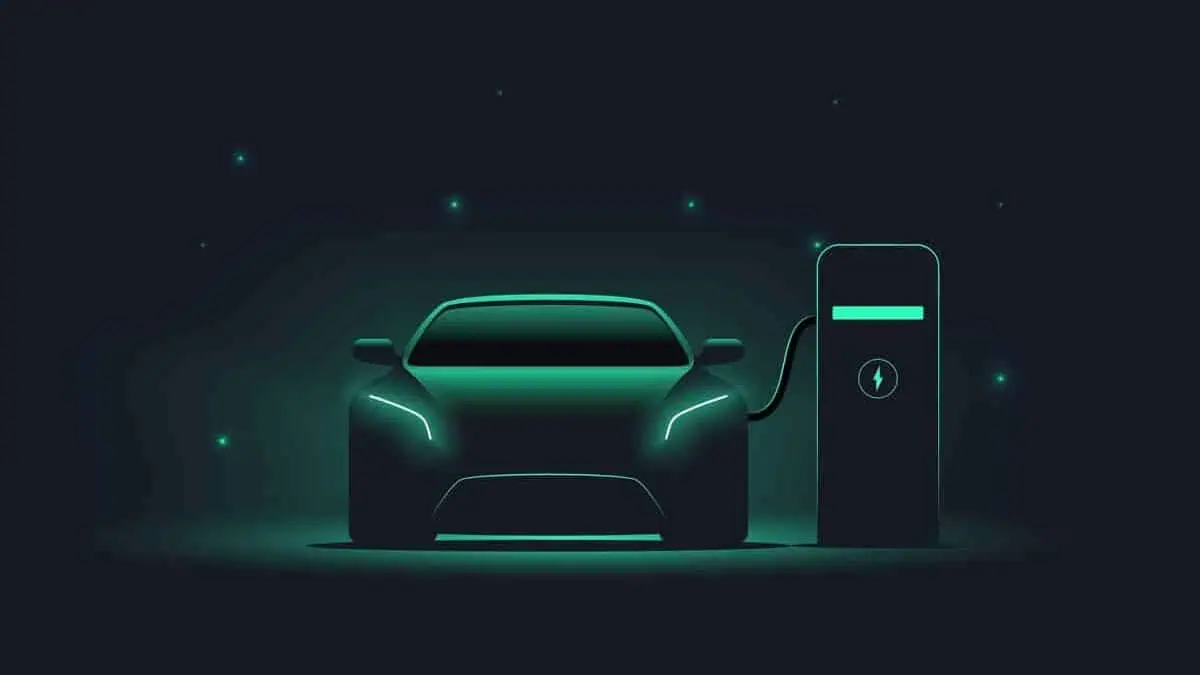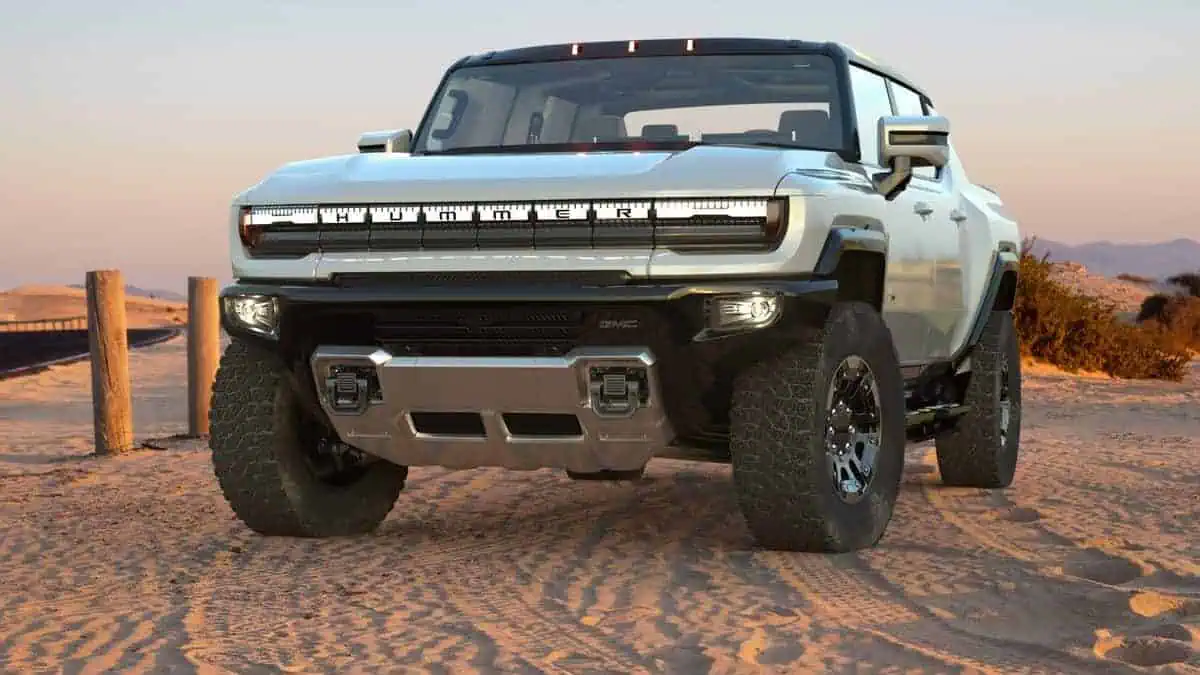Despite the failure of the Apple Car, Chinese tech giants are already driving the revolution in software-centric electric vehicles.
In the initial report on Apple’s decision to cancel its automotive efforts, Bloomberg’s Mark Gurman stated that about 2,000 employees previously assigned to the project will move over to the company’s AI division where they will work on Apple’s generative AI.
According to the people with knowledge of the matter, Apple Inc. is canceling a decadelong effort to build an electric car, giving up on one of the most ambitious projects in the company’s history.
However, two of Apple’s known rivals—Huawei and Xiaomi—have achieved in getting a vehicle on the road. Huawei’s Aito brand is China’s best-selling EV maker among EV startups, shipping 21,142 vehicles last month, according to the data released by its manufacturer.
The Xiaomi SU7, Xiaomi’s first electric vehicle, is set to be unveiled on March 28, with customer test drives starting on March 25. The company has already received over a hundred thousand reservations, showing a strong demand for the brand’s entry into the EV market.
How did the tech giants succeed when Apple did not?
An Apple Car is not that simple
Building a car comes with a variety of expectations. It is not just about making and getting profit. They are made with the help of suppliers and third-party parts. Some companies build cars using components from outside. It could be challenging and may take some time to find a footing in the market.
Apple Inc. is one of the biggest companies in the world. However, to create a car from scratch can be difficult. Presumably, the setback may have been the creation itself.
According to the lead analyst for Guidehouse Insights’ mobility division, Sam Abuelsamid, Apple’s dreams would not have been in line with what they could realistically get from a vehicle.
“I think Apple probably said, you know, if all we do is just build a conventional car, we’re probably never going to be able to sell enough of those at higher margins,” Abuelsamid said. “You’ve got all the hassles of creating supply chains, manufacturing, retail, support, customer support and vehicle service.”
Furthermore, Abuelsamid said that the car industry is typically a fairly low-margin business, thanks to cyclical buying trends, intense competition, and extreme overhead and labor costs.
He added that looking at Apple as a business, everything the company does is very high-margin products.
“The profit margins on the hardware that they sell, are generally, somewhere in the neighborhood of 35 to 40%. Anything that’s low margin, they just don’t even bother with, because they’ve got enough customers and enough revenue from the high margin.” Abuelsamid said.
Apple will also have a lot of competitors, considering how the electric vehicle market continues to advance. The brand would need to come up with a business strategy or model to compete with the car giants.
The company’s move into vehicles came when self-driving cars were the rage. Tim Cook publicly confirmed that Apple is working on an automotive project. “We’re focusing on autonomous systems,” he tells Bloomberg. “It’s a core technology that we view as very important.” He calls it “the mother of all AI projects.” But he dodges answering whether Apple will ever make its own electric car. “We’re not really saying from a product point of view what we will do.”
Abuelsamid stated that “autonomous driving would have allowed Apple to sell it more as a service than a product, creating the sort of recurring revenue streams that the tech giant loves. It doesn’t take a rocket scientist to see that Apple’s autonomous car program could have gone hand-in-hand with its 2016 $1 billion investment in Chinese ridesharing company, Didi.”
“My guess is what [Apple] had hoped to do would be to have an automated electric vehicle, then offer it on a subscription basis,” he said. “Because it will be automated, and for the foreseeable future, very likely, geo-fenced limited and where it could operate, [Apple] could offer it as a service in markets where they felt that there was enough of an affluent audience that would be willing to pay a premium for the mobility service.”
However, Apple canceled Project Titan. Despite their efforts to bring in the best talents in the industry, making it a viable product was never achieved.
Lei Xing, a Chinese car market Analyst seconded Abuelsamid’s statement. “Any device that Apple launches, be it the iPhone, iPod, Vision Pro, iPad, the aim is to try to disrupt the incumbent products or business model currently on the market,” via e-mail.
Would the Apple car really disrupt products or business models on the market? Or had the Apple car been built, would the brand build a new legacy in the car industry?
“They were probably going to bring only some of the stuff that the Chinese EV companies are already doing in China,” Tu Le said, an analyst of Sino Auto Insights. He hinted at how connected and semi-autonomous a lot of Chinese EVs are in China, and that Apple’s vehicles would have likely a comparatively short list of features.
Le added that Chinese competitors have systems that are connected with the rest of the Chinese tech industry. For example, consumers can connect their equivalents of Youtube and Amazon right from their car; or Nio’s Nomi, a virtual assistant introduced in 2018. It is unclear whether Apple could have surpassed the Chinese competitors on this part.
“From what I’ve been able to gather, no legacy automaker was particularly interested in working with Apple, because they did not want to enable a potentially much stronger competitor,” Abuelsamid said.






